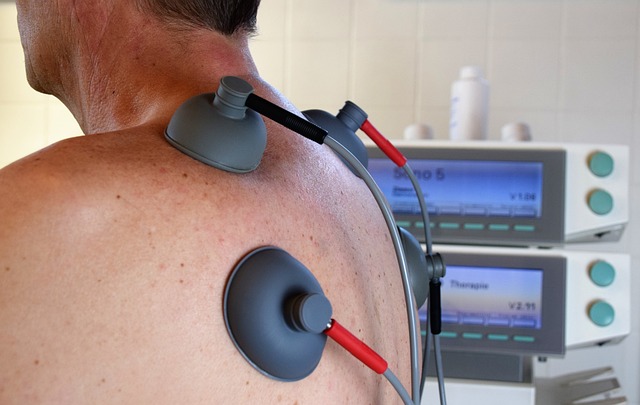The New York Times reported that 477 Americans died of COVID-19 on Oct. 4, 2022, a fact little noted by a large portion of the populace, which had long before moved on from the pandemic.
But it’s still going on. There are those who might not want to believe that, but it is. Things are, happily, not as bad as they were at the height of the outbreak, which has seen over 1 million Americans die, the highest total of any industrialized country. But the crisis is still lingering, still impacting lives.
That there is still skepticism underscores a larger point made by Edelman, a global communications firm, in a March 2022 special report about trust in healthcare. The report, based on the responses of 10,000 people from 10 countries around the globe, concluded that a “widespread infodemic” eroded trust in healthcare organizations, which in turn “led to persistent inequalities of access and outcomes.”
The numbers reflect as much. Edelman reports that there has been a five-year nosedive among respondents who believe they can make informed healthcare decisions, from 71 percent in 2017 to 61 percent currently. Moreover, 55 percent fear the politicization of medical science. And among the other conclusions reached in the study is the fact that 52 percent of the respondents say the pandemic has whittled away at their belief that the healthcare system can handle crises. (In the U.S., that number is even lower – 48 percent.)
The Harvard Business Review also did a deep dive recently on the topic of trust in healthcare, noting that the factors contributing to it include governmental waffling on the best way to handle the pandemic, care inequities and outdated technology. The latter being the case, it should come as no surprise that the HBR believes tech upgrades can can go a long way toward building trust. It can, for example, spur the pivot toward value-based care.
Moreover, improvements in infrastructure can facilitate data sharing among systems and organizations – i.e., the long-sought interoperability – and telehealth upgrades can ease burdens on clinicians and boost home healthcare. In short, tech evolution can make healthcare organizations more efficient and cost-effective, while reducing clinician burnout, which during the pandemic has reached epidemic proportions.
We have previously mentioned in this blog the role blockchain can play in healthcare – how it can improve such processes as data transfer, medication adherence, management of drug trial data and supply chain management. The Mayo Clinic is just another in a long line of organizations to embrace the trend toward blockchain in healthcare, as it announced in September 2022 that it will use that technology to capture data and manage documents in a two-year hypertension trial.
Concurrent with that was the announcement that Iodine Software, a health tech company, was partnering with the software coding platform TruCode to develop artificial intelligence-based solutions for clinical administration. And indeed, AI has repeatedly shown its value in healthcare, in such areas as image analysis (notably when it was used to detect COVID-19 on chest X-rays), robotic surgery and medication adherence.
The inescapable conclusion is that now more than ever, patients need reliable, verifiable information. They need something they can truly believe in, just as clinicians need to always have something upon which they can rely – especially as they struggle to meet the increasing needs of an aging population. While there will always be skeptics, trust can be built through new-age devices. Data can be collected, shared and interpreted more effectively, ensuring better care and improved outcomes.







